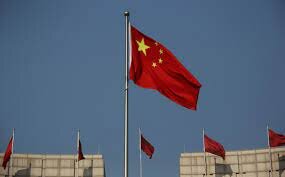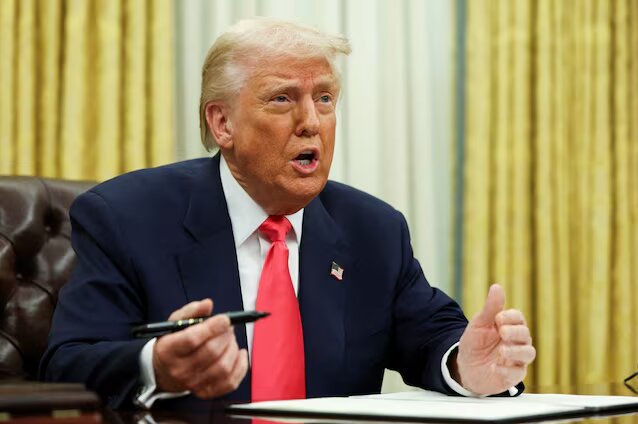China Unleashes 34% Tariffs on All US Imports: Economic Impact and Trade Tensions Rise
In a significant development in international trade, China has announced that it will implement additional tariffs of 34% on all products imported from the United States, effective April 10. This decision comes as a direct response to the U.S. imposing “reciprocal tariffs” on Chinese exports, a move that China describes as a violation of international trade rules.
The Customs Tariff Commission of the State Council of China made this announcement on Friday, highlighting the adverse effects of the U.S. tariffs on both nations and the global economy. In its statement, the commission emphasized that these actions not only undermine China’s legitimate rights but also represent a form of unilateral bullying.
According to the commission, the U.S. tariffs are detrimental not only to Chinese interests but also to the economic stability of the United States itself and the broader global market. The statement elaborated on the implications:
- The U.S. decision jeopardizes global economic development.
- It threatens the stability of industrial and supply chains worldwide.
- The unilateral approach taken by the U.S. goes against the principles of fair trade.
China has called for the U.S. to promptly lift these unilateral tariffs and engage in negotiations aimed at resolving trade disputes. The emphasis of these discussions should be on equality, respect, and mutual benefits, as stated by the commission.
In addition to the new tariffs, the commission reassured that existing bonded policies and tax reduction and exemption policies will remain in effect. However, it made it clear that the new tariffs will not be eligible for reduction or exemption, marking a significant shift in trade relations between the two nations.
This development is part of a larger pattern of escalating trade tensions between the U.S. and China. Analysts believe that such tariff impositions can have far-reaching consequences for both economies and the global market. Here are some key takeaways regarding the situation:
- Impact on Consumers: Increased tariffs may lead to higher prices for American consumers on various goods imported from China.
- Supplier Reactions: U.S. companies relying on Chinese imports may need to find alternative suppliers, potentially disrupting existing supply chains.
- Retaliatory Measures: China’s response signifies a willingness to protect its economic interests, potentially leading to further retaliatory tariffs.
- Long-Term Economic Effects: Ongoing tariffs can harm both nations’ economic growth and lead to uncertainty in the global market.
As the situation unfolds, businesses and consumers alike are advised to stay informed about the implications of these new tariffs and the ongoing trade dialogue between the two economic powerhouses.
Trade relations between the U.S. and China have been strained for several years, with both countries imposing tariffs on each other’s goods. The escalation of these tariffs has raised concerns among economists and trade experts about the potential for a trade war, which could have severe consequences for the global economy.
With the introduction of the new 34% tariffs by China, the stakes have been raised even higher. The U.S. government’s initial decision to impose tariffs was framed as a measure to protect American jobs and industries. However, critics argue that such tariffs often lead to job losses in other sectors and increased costs for consumers.
The Chinese government’s response aims to highlight the broader implications of trade wars, which can affect not only the countries directly involved but also international markets and economies. The commission’s statement serves as a reminder that trade policies should be based on fair practices and mutual respect rather than unilateral actions.
As businesses prepare for the upcoming changes, many are evaluating their strategies to mitigate the impact of the tariffs. This includes exploring new markets, adjusting supply chains, and potentially passing increased costs onto consumers.
In conclusion, the announcement of additional tariffs by China marks a critical moment in U.S.-China trade relations. Both nations must navigate these turbulent waters carefully to avoid further escalation and foster a more stable and equitable trade environment. The outcome of this trade dispute will have lasting effects on global trade dynamics and economic stability.
Source: Xinhua






